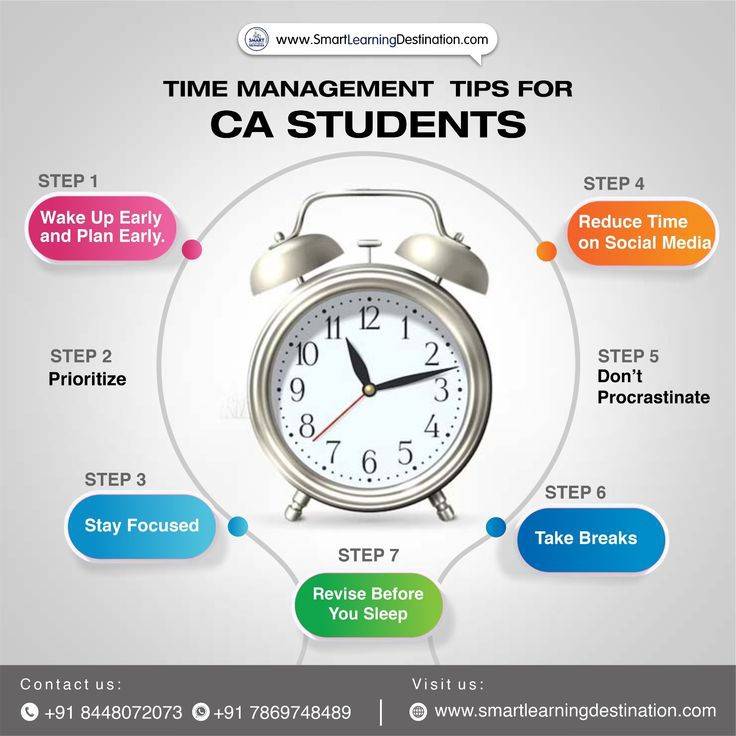Effective Time Management:
Essential Tips to Maximize Your Day
In today’s fast-paced world, the ability to manage time well can make a huge difference in productivity, stress levels, and overall life satisfaction. Whether you’re juggling work, family, or personal goals, time management skills are essential for staying on track and achieving success. Here are some practical, proven strategies for mastering the art of time management.
1. Set Clear Goals
Setting clear goals is foundational for managing your time effectively. When you know what you’re aiming to achieve, you can prioritize tasks and make better decisions on where to focus your energy. Set both long-term and short-term goals using the SMART criteria:
Specific – Define what exactly needs to be achieved.
Measurable – Identify how you’ll know you’ve achieved it.
Achievable – Make sure it’s within reach.
Relevant – Ensure it aligns with your broader objectives.
Time-bound – Set a deadline to keep you accountable.
Clear goals create a roadmap, keeping you motivated and reducing the chance of becoming overwhelmed.
2. Prioritize Tasks Using the Eisenhower Matrix
Not all tasks are created equal. The Eisenhower Matrix, developed by former U.S. President Dwight D. Eisenhower, helps prioritize tasks based on urgency and importance:
Urgent and Important – Complete these tasks first; they require immediate attention.
Important but Not Urgent – Schedule these tasks; they contribute to long-term goals.
Urgent but Not Important – Delegate if possible; these tasks are often distractions.
Not Urgent and Not Important – Eliminate or postpone these tasks.
By categorizing your tasks, you’ll allocate your time and energy to what matters most.
3. Use a Planning System or Tool
Using a planner, calendar app, or project management tool can significantly improve time management. Many people use systems like:
Digital Tools – Apps like Google Calendar, Trello, or Todoist help keep track of tasks, set reminders, and visualize your week.
Paper Planners – Bullet journals or traditional planners provide a tactile way to plan and review tasks.
Hybrid Systems – Some people find success using both digital and paper tools to plan and review.
Find a tool that fits your lifestyle and make it a habit to review and update it daily.
4. Set Time Limits for Tasks
Tasks tend to expand to fill the time you give them, a concept known as Parkinson’s Law. By setting specific time limits, you can prevent over-investing in one task and move on to the next. For example:
Time Blocking – Allocate blocks of time for specific tasks. For example, set 9:00–10:30 a.m. for responding to emails.
Pomodoro Technique – Work in focused intervals, typically 25 minutes, followed by a 5-minute break. This encourages productivity and reduces burnout.
Establishing time limits prevents tasks from taking over your day and helps you maintain momentum.
5. Limit Distractions and Time-Wasters
Distractions are major time-drainers. Identifying and controlling them can dramatically improve your productivity:
Turn Off Notifications – Mute or block unnecessary notifications on your phone or computer during work hours.
Designate a Work Space – Create a dedicated work area, whether in an office or a quiet corner at home.
Batch Similar Tasks – Group similar tasks, like answering emails or returning phone calls, and complete them together to minimize mental switching.
Setting boundaries around distractions will keep you focused and protect your valuable time.
6. Delegate and Outsource When Possible
Many people hesitate to delegate, thinking they can do the job faster or better themselves. However, recognizing tasks that others can handle frees up time for your highest priorities. Start by identifying tasks that can be handed off and select the right person for the job. When outsourcing or delegating, provide clear instructions and check in at key milestones.
7. Review and Reflect Regularly
Regular reflection is essential to ensure you’re using your time effectively. Set aside time weekly to review your goals and evaluate what’s working. This reflection helps you learn from any missteps and adjust your approach as needed. You might ask yourself:
Did I accomplish my main goals for the week?
What challenges did I face, and how can I avoid them next week?
What worked well, and how can I replicate it?
Consistent review allows you to course-correct and stay on track.
8. Practice Self-Care to Maintain Focus
Time management isn’t only about structuring tasks; it’s also about managing your energy. Prioritize sleep, exercise, and nutrition, as they are essential for mental clarity and stamina. Regular breaks, relaxation techniques, and hobbies outside of work can recharge you and boost productivity.
9. Learn to Say No
Saying no is challenging but vital to maintaining control over your time. By understanding your goals and boundaries, you can assess new commitments and decide whether they align with your priorities. Politely declining unnecessary meetings, projects, or social invitations lets you protect your time and stay focused.
Effective time management is about more than just getting more done in less time. It’s about organizing your day so that your time is spent on what truly matters, aligning your actions with your goals, and preserving energy to enjoy the things you love. Start by implementing a few of these strategies, monitor your progress, and adapt them to suit your lifestyle. Over time, you’ll not only accomplish more but also feel more balanced and satisfied with how you spend your days.
Thanks for reading 📚
MOÃSE




No comments yet
Be the first to share your thoughts!